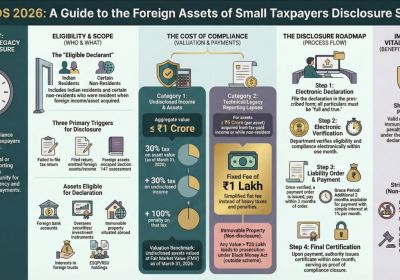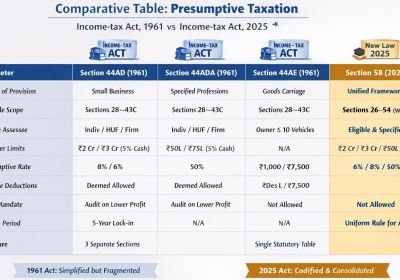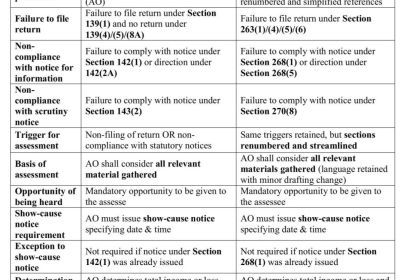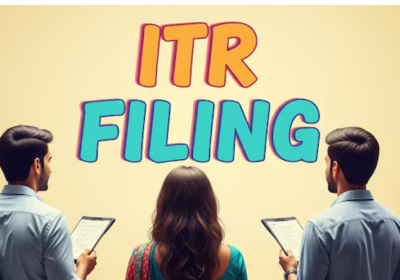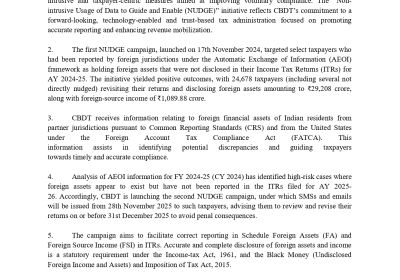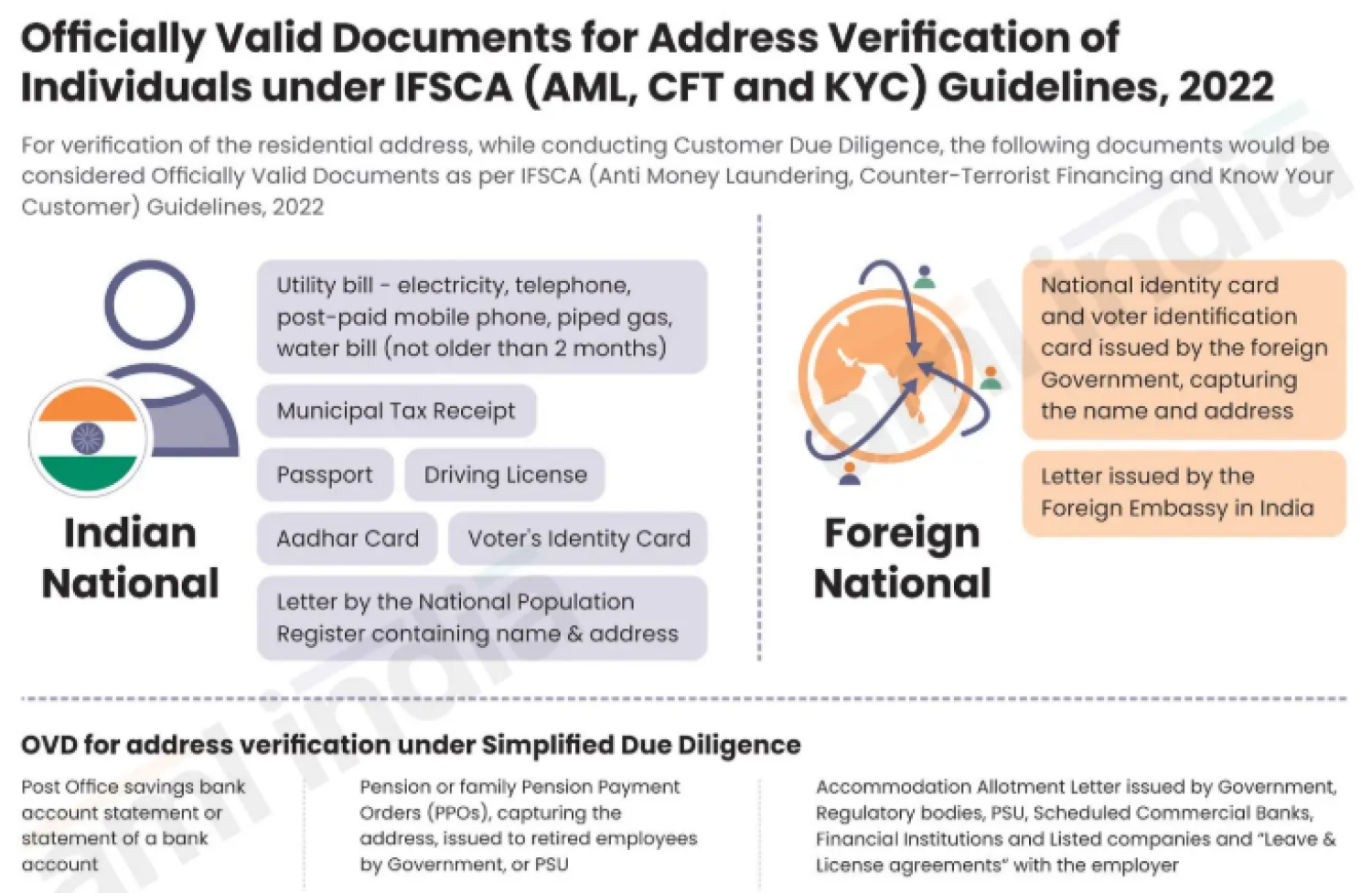Table of Contents
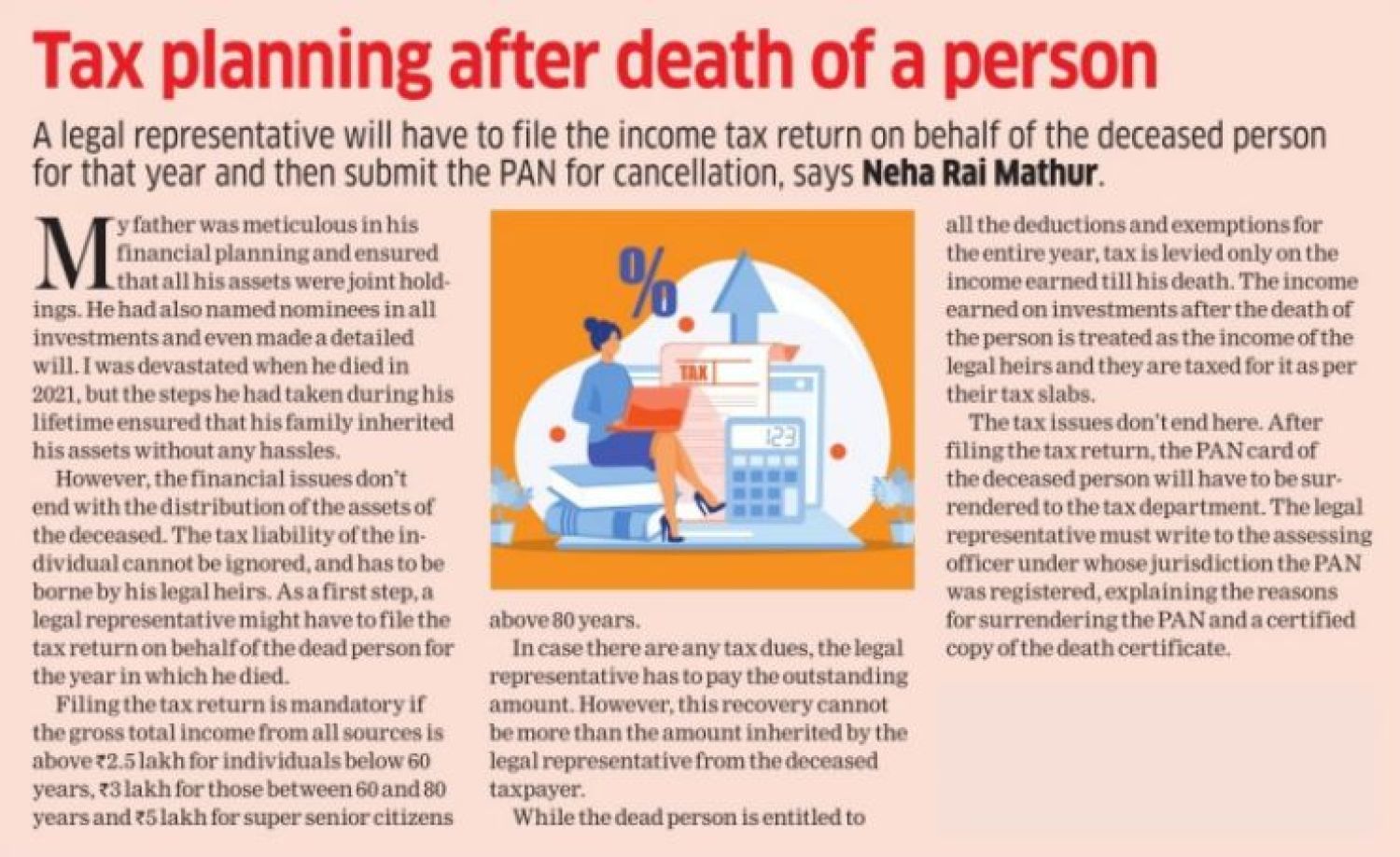
Do legal representatives need to intimate about the death of the taxpayer to the IT Department?
Legal representatives of a deceased taxpayer are not legally mandated to notify the Income-Tax (IT) Department about the death of the taxpayer. This position was confirmed by the Delhi High Court in the case of Savita Kapila [Legal Heir] v/s ACIT [(2020) 118 taxmann 46 (Delhi)]. Here are the key points from the judgment:
-
There is no statutory obligation that imposes a duty on legal heirs to inform the IT Department about the death of the taxpayer.
-
The absence of a specific statutory provision makes it challenging to impose such a duty on legal representatives. The court highlighted practical scenarios where legal representatives might be unaware or estranged from the deceased taxpayer, or where the taxpayer might have left their estate to a charity, complicating the notification process.
-
The court also noted that whether the PAN record was updated to reflect the death or whether the IT Department was informed by the legal representatives is not relevant.
However, while there is no legal requirement, it is generally advisable for legal representatives to notify the Assessing Officer concerned about the death of the taxpayer. This can help avoid unnecessary litigation and complications in the future, especially in matters related to the settlement of the deceased's tax liabilities and the transfer of assets.
In summary, while not mandatory, informing the IT Department can be a prudent step for legal heirs to ensure a smoother handling of the deceased's tax affairs.
How to manage the tax filing and taxation issues in post the demise of your close one
Dealing with the tax affairs of a deceased family member can be complex and emotionally taxing. Here are some practical steps to manage tax filing and related issues after the death of a close family member, based on the helpful advice provided by ET Wealth:
Key Steps and Considerations in post the demise of your close one
-
Ensure to file the tax return for the deceased if the gross total income exceeds Rs. 2.5 lakhs for individuals below 60 years, Rs. 3 lakhs for those aged 60-80, and Rs. 5 lakhs for those above 80 years.
-
The tax return should include all income earned by the deceased up to the date of death. This includes salary, interest, rent, capital gains, etc.
-
Any outstanding tax dues must be paid by the legal representative. However, the liability is limited to the extent of the inheritance received. Deductions and Exemptions: The deceased is entitled to all applicable deductions and exemptions for the entire financial year in which they passed away.
-
Any income generated from the deceased’s investments after their death (e.g., interest, dividends) is considered the income of the legal heirs and must be reported in their tax returns. This income is taxed according to the legal heir’s tax slab.
-
After filing the final tax return, the PAN card of the deceased must be surrendered.
-
Write a letter to the assessing officer under whose jurisdiction the PAN is registered, explaining the reason for surrendering the PAN. Include a certified copy of the death certificate with this letter.
Practical Tips:
- Maintain Records: Keep detailed records of all communications and transactions related to the deceased’s tax matters, including the final tax return, payment of dues, and surrender of the PAN card.
- Legal Heir Certificate: Obtain a legal heir certificate or a succession certificate if needed, as it may be required for various legal and financial processes.
By following these steps and understanding your responsibilities, you can navigate the tax-related challenges more effectively during a difficult time.

